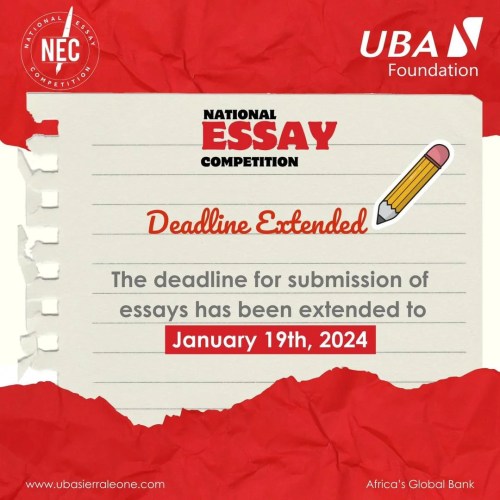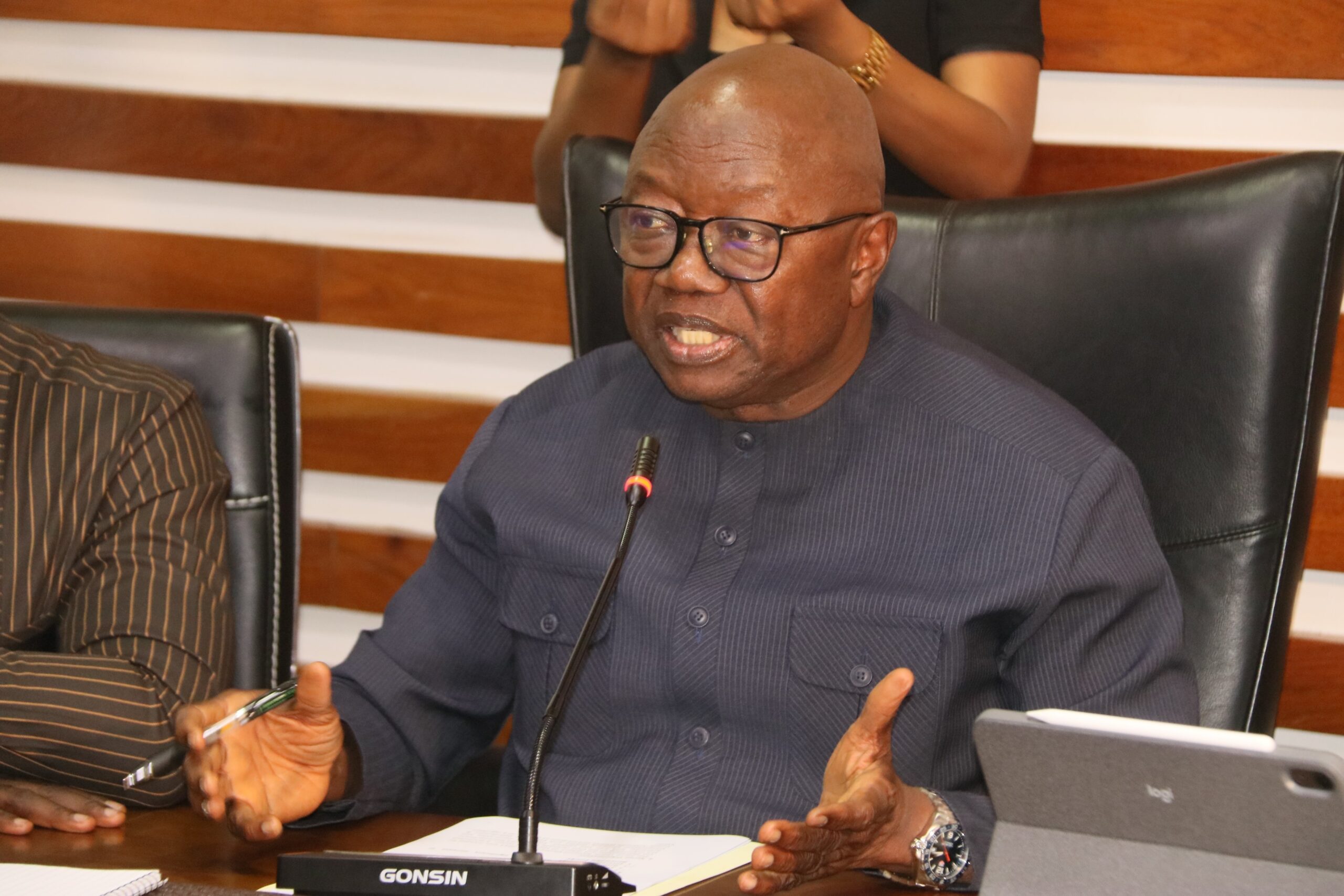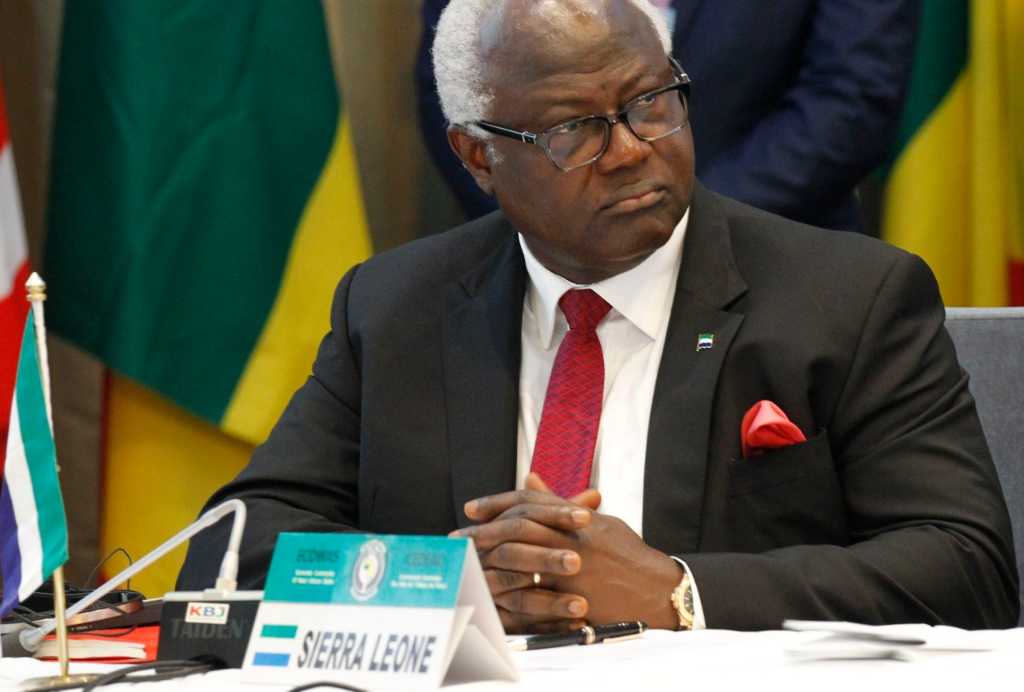By Alusine Fullah
Energy plays a crucial role in sustainable socio-economic development. Energy supply can come from electricity, oil and gas, petroleum products, energy based minerals and renewable energy resources. Yes, energy has various implications for poverty alleviation, population, health and the environment and invariably influencing the pace of industrial, agricultural and socio-economic development of a nation. Efficient energy production processes can enhance rural/urban and large/small scale industrial development, hence more affordable means of production of goods and services. Generally the quality of life is measured by the level of energy consumption, which is associated with increased industrial and economic activities.
Ideally, energy and environmental policies are modelled at national and international levels in response to a wide range of issues including improved energy efficiency as in transport and power generation; financing oil and gas industries financing global warming and reducing energy related pollution.  An equally important but often neglected aspect of energy production and use is the lack of access to affordable energy sources such as electricity, liquid fuel and biomass. This often has serious socioeconomic repercussions for developing countries.
An equally important but often neglected aspect of energy production and use is the lack of access to affordable energy sources such as electricity, liquid fuel and biomass. This often has serious socioeconomic repercussions for developing countries.
Although Sierra Leone is endowed with energy potential in various forms including biomass from agricultural wastes, hydro and solar power, in MANY cases, it remains underutilized. Energy consumption is largely dominated by biomass sourced from fuelwood and accounts for around 80 percent of the energy used. Imported petroleum products, the next largest source of energy, are mainly for power generation and account for 15 percent of energy consumption. Only 30 percent of the total population and about 4.5 percent of the rural population currently have access to electricity. The power sector is small, with less than 150 MW of energy capacity connecting less than 170,000 customers with the cost for electricity heavily subsidized. The entire country lacks a stable and reliable public power supply and domestic demand remains significantly unmet.
The bigger issues holding back the electrification of Sierra Leone are the lack of long-term planning, weak regulators and the difficulties in attracting finance for both centralized and off-grid power systems, experts said.
As Energy constitutes a significant portion of Sierra Leone’s gross domestic products (GDP) and even a greater fraction of household expenditure, energy efficiency measures including energy conservation should be adopted in energy policy planning and supply. Energy sector analysis starts with the identification of demand and supply, which in Sierra Leone, encompasses energy requirements of the household, industry, commerce, mining, transport and agriculture.
Energy policies must be carefully structured, inclusive and coordinated to minimize unpleasant side effects. For instance, rural electrification alone cannot solve rural energy poverty. It should be augmented with ancillary policies and programs like forest preservation, education and job creation to a desired economic effect.
While one of the objectives of the government has been to provide energy in sufficient quantities to all regions of the country, there has been an inadequate investment and limited private sector participation in the energy sector. The government has therefore embarked on various reforms focused on improving governance and regulation to encourage private sector participation in the sector. For instance, the National Electricity Act enables the participation of IPPs in power generation and distribution.
Sierra Leoneans are always yearning for efficient electricity supply. For them, electricity is life. Government Budget and Statement of Economic Financial Policies for the financial year 2024 government has given a solemn promised to people of this country for efficient electricity supply. During the presentation of the foregoing financial year budget for 2024 in the Well of Parliament, the Minister of Finance, Sheku Ahmed Fantamadi Bangura stated: Government will: complete the electrification of the seven district towns; commence the rehabilitation of the Dodo Hydro Dam; install solar mini grids in 20 communities nationwide; extend the transmission and distribution lines to mining companies as part of efforts to improve the financial sustainability of EDSA, while reducing the operating costs of mining activities; install 40 megawatts of containerised solar power under the Regional Emergency Solar Power Intervention Project (RESPITE); and Implement the Transformational Energy Access Project for Sierra Leone with support from the European Union.
Honestly, HUGE improvement is needed. This is because; if there is no sustainable and efficient electricity supply all the other sectors will be paralyzed. Let us take for instance the educational sector where thousands of students/ school pupils highly bank on electricity supply for research purposes. If there is POOR electricity supply, how is that possible? Apart from the educational sector, the agricultural sector is also in high need of sustainable and efficient energy supply.














